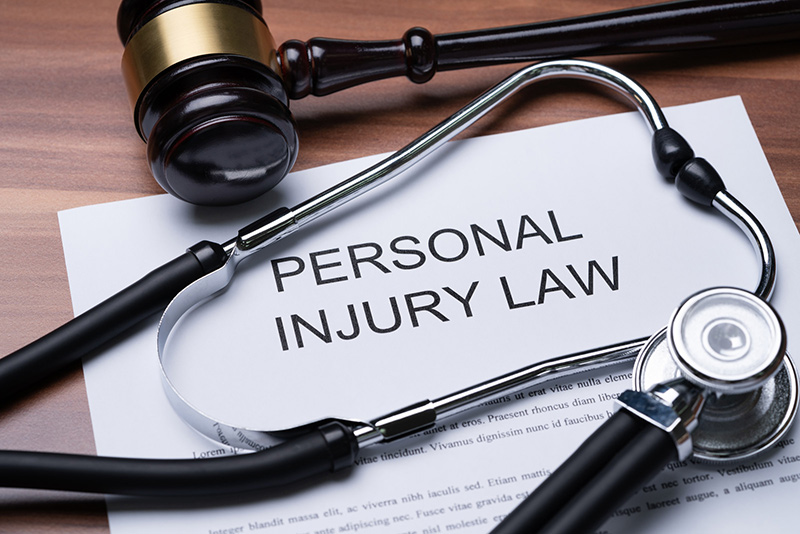While dealing with personal injury cases, evidence is important for an attorney to explain to the court what actually happened to the plaintiff and the injuries sustained. Medical records serve as critical evidence to highlight the plaintiff’s injury and suffering. A detailed medical record review is crucial for attorneys to obtain vital medical proof that would support the injury case in court.
There are certain important things to consider when handling medical records and here is a look at 6 of those.
- Requesting the RecordsThe necessary medical records and bills that highlight the injuries, diagnosis, treatment provided and the treatment expenses have to be obtained from the plaintiff. Certain records that the plaintiff does not own, can be requested from the hospital that treated the plaintiff. The medical record request letter should clearly outline the purpose of the request along with key details such as the plaintiff’s name, social security number, DOB etc. The request status must be tracked to make sure that you’re not missing the case deadlines.
Read
Steps To Consider When Requesting Medical Records - Organizing the Medical RecordsOnce the records are collected, these records must be organized to meet specific litigation needs. By organizing the records, you can be sure that you have all the necessary records and also identify any missing and duplicate records. The medical record organization process generally involves – reviewing medical records and grouping them based on key elements, separating or removing any duplicate or less important documents, keeping note of information such as dates, provider or facility names, medical record types etc. during keyword searches, indexing records into main categories and subsections, sorting medical records chronologically, bookmarking and hyperlinking, and making records text-searchable using OCR software.
Read
Why Medical Record Organization Is Vital In Personal Injury Litigation - Preparing the Plaintiff It is important that the medical records collected and submitted as evidence for the personal injury case provide a clear picture of the injury. And so, proper attention must be paid while presenting them in a court of law. There are chances that at times certain medical records or medical history submitted can be complicated, which will confuse the court as well. The plaintiff must be given clear and necessary instructions on how to explain the medical history submitted.
- Submitting Error-Free RecordsErrors in the medical records can have a negative impact on the results of the case. Manual errors are common in the medical history prepared by even professional doctors or their support staff. So, before submitting those records as evidence you need to make sure they are genuine and serve the purpose of the lawsuit. Attorneys may also choose to communicate with the plaintiff’s main physician to check the originality of the medical document. Maximum effort must be taken to maintain the accuracy standards, as required.
- Ensuring Data SecurityAccording to the HIPAA JOURNAL, the loss/theft of healthcare records and electronic protected health information dominated the breach reports between 2009 and 2015; and between 2009 and 2020, 3,705 healthcare data breaches of 500 or more records have been reported to the HHS’ Office for Civil Rights. To prevent compromising such confidential data to hackers, make sure that the data is properly protected and encrypted online.
- Preventing Improper Medical Records DisclosureImproper disclosure of medical records can be the result of poor maintenance of records, data security breach, or even unauthorized access. Make disclosure with extra care and maintain the records properly. To prevent improper disclosure, consider –
- analyzing the medical records appropriately
- not making make the records public while presenting the evidence in the court, as this may increase the chances of improper disclosure of information and this would make the plaintiff’s statement weak
Read
Medical Records Disclosure – A Continuing Threat
Major medical records that serve as good evidence to win personal injury cases include emergency room records, doctors’ notes and diagnosis, doctors’ recommended treatment, records containing description of any pain experienced during treatment, required medical treatments, medical bills and more. Personal injury attorneys can rely on professional medical review services to review and organize those records and provide chronology or summary that can help speed up the claims process.




